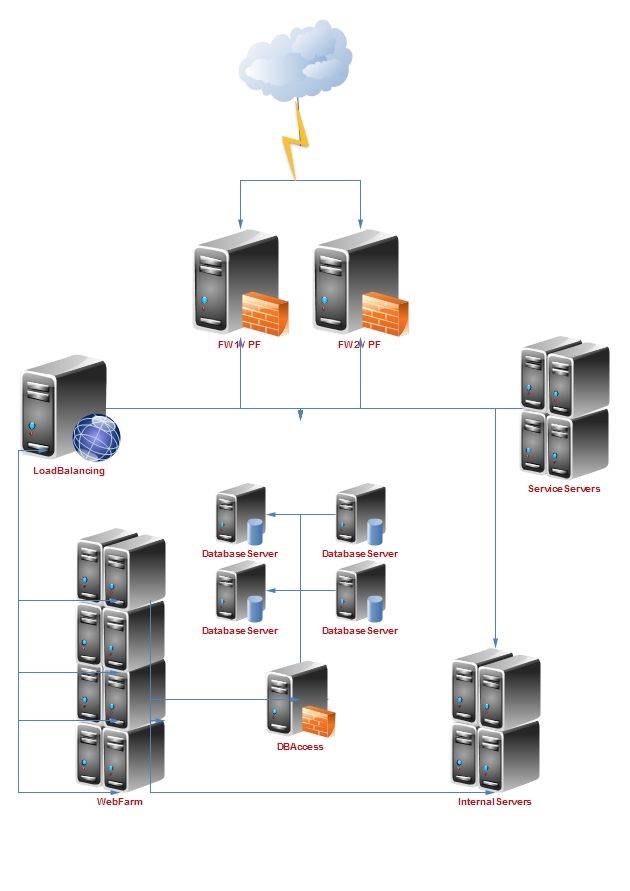PHP Scalability – Part1
March 1, 2010 by: Xavier PerezIn the last years, PHP have been taken part of the market to other technologies, as .NET and Java, but till now, have been declared ‘non scalable’, thus it’s owns limitations, the absence of a ‘distributted services’ concept.
PHP it’s a language, and Apache have been the server over the years.
A lot of web sites, takes the important decision to buy more hardware, to expend more money to maintain it’s applications online, and to expand it’s business.
The capability of scalability takes it’s base from the concept of “distributed services”, that can reside under a undefined number of servers and along a large networking area. If you can separate services in any number of servers, each of those can be configured with more accuracy, and don’t expend a lot of money in monolithic servers that can cost more than 100 times as a simple server, your structure will be highly scalable.
PHP can be configured as a fastCGI service, allowing to be separated from Apache, and to reside in another servers, but still depends on itself for maintain an application integrity.
The principal obstacle it’s the session control, that must to be shared between all the servers, allowing to maintain the session integrity regardless of the servers.
The second obstacle it’s the absence of a PHP socket service, that could receive any request from any other server.
Many of those obstacles can be solved with third party applications, as Zend Server.
Basic web server structure:
PHP Scalability – Part2
How Zend Server can improve scalability

